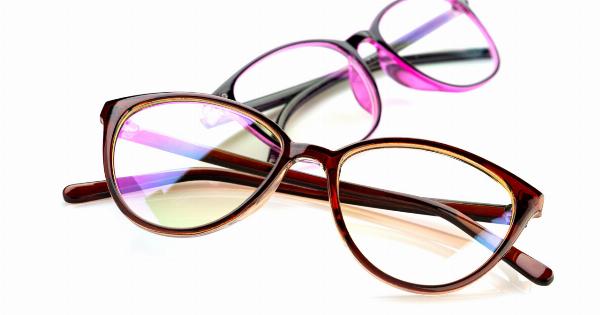Diplopia, also known as double vision, is a condition that affects a person’s vision, causing them to see two images of an object instead of one.
While it may seem like a harmless condition, diplopia can have dangerous consequences that need medical attention. In this article, we’ll explore the causes, symptoms, and dangers of diplopia.
What is Diplopia?
Diplopia is a condition where a person sees two images of a single object. The images might overlap or be separated, making objects look like they have a shadow or ghosting effect.
There are many causes of diplopia, but the most common is when the eyes don’t align properly. The eyes need to work together to focus on an object, and if one eye is off kilter, it can cause a double vision effect.
What are the Causes of Diplopia?
There are many causes of diplopia, ranging from benign to life-threatening. The most common causes are:.
- Strabismus: a condition where the eyes don’t align properly.
- Presbyopia: an age-related condition where the eyes lose their ability to focus on close objects.
- Cranial nerve palsies: damage to the nerves that control eye movement.
- Brain tumors: growths that can press on the nerves or brainstem.
- Muscle disorders: diseases that affect the muscles that control eye movement.
What are the Symptoms of Diplopia?
The most obvious symptom of diplopia is double vision. However, other symptoms may include:.
- Headaches
- Eye pain
- Nausea
- Dizziness
- Difficulty reading or driving
- Squinting or closing one eye to see better
If you experience any of these symptoms, it’s important to seek medical attention right away.
Why is Diplopia Dangerous?
Diplopia can be dangerous because it can signal an underlying condition that requires urgent medical attention.
In some cases, diplopia can be a symptom of a serious brain tumor or other neurological condition, so it’s important not to ignore this symptom.
Furthermore, diplopia can make everyday activities, like driving, reading, or working on a computer, much more difficult and even dangerous.
Double vision can cause perception errors that can result in accidents or make it impossible to complete certain tasks. For example, it can be dangerous for a pilot who experiences diplopia to fly a plane.
How is Diplopia Diagnosed?
If you experience double vision, your doctor will conduct a thorough eye exam to determine the cause. This may involve checking your vision, measuring the alignment of your eyes, and examining the structures of your eyes.
Additionally, your doctor may order a brain scan or a scan of the orbit to rule out any underlying conditions that may be causing your diplopia.
How is Diplopia Treated?
The treatment for diplopia depends on the underlying cause. In some cases, the condition may resolve on its own. However, for more serious conditions, treatment may involve surgery, eye exercises, or wearing corrective lenses.
If diplopia is caused by an underlying condition like a brain tumor, treatment will focus on resolving that condition.
Preventing Diplopia
There are some steps you can take to reduce your risk of developing diplopia. These include:.
- Wearing protective eyewear when playing sports or working with power tools
- Getting regular eye exams
- Maintaining a healthy diet and exercise routine
- Avoiding smoking and excessive alcohol consumption
If you experience any vision changes or double vision, it’s important to speak with your doctor right away. The sooner you can diagnose and treat the underlying cause, the better your chances of avoiding dangerous complications.


























